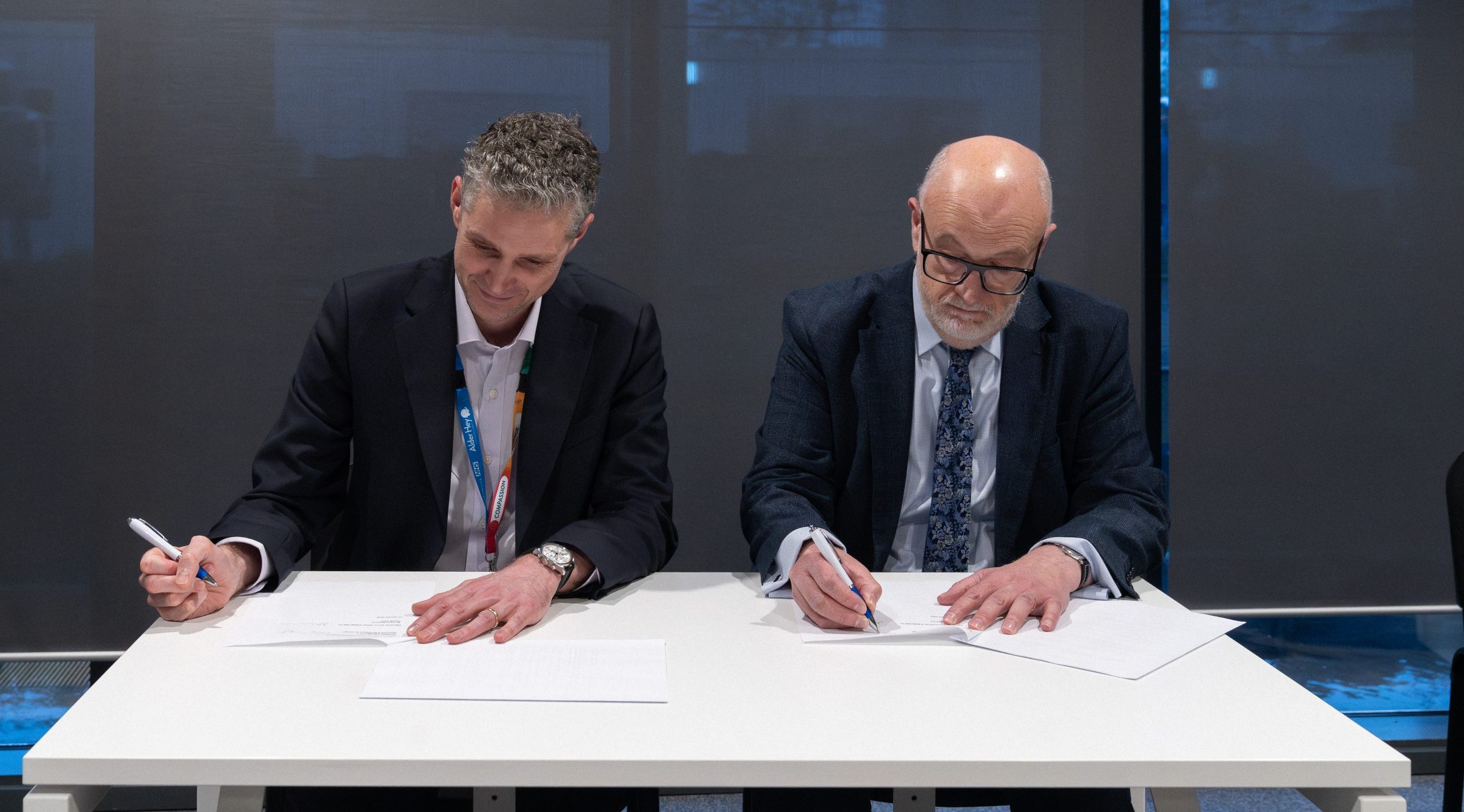RAND Rapid Evidence Review: influences for improvement processes in healthcare
Reflections on its meaning for Liverpool Health Partners
This recent rapid review commissioned from RAND Europe concerns influences on improvement processes in healthcare. RAND is the Research and Development Corporation: a non-profit global policy think tank. Its authors identified the following key themes:
- Leadership
- Relationships and interactions to support an improvement culture
- Skills and competencies
- Using data for improvement purposes
- Patient and public involvement, engagement and participation
- Working as an interconnected system of individuals and organisations
How does our academic health science system support partners in these areas and where do these themes reflect Liverpool Health Partners’ (LHP) own plans for improvement?
Leadership and our Academic Health Science System
LHP recognises that a high performing academic health science system is more than the delivery of excellence in research: individuals working within teams for our member organisations must demonstrate leadership, vision and professionalism each day.
RAND’s review recognises that different types of leaders are to be encouraged, with clearly articulated roles. Contributions to improvement from individuals and teams across our system are essential to ensure continuous quality improvement and benefits realisation for health and the local economy. LHP’s commitment to “Collaborate, Discover, Improve” underpins LHP Leadership Group development for each programme (Infection, Starting Well, Cancer, Cardiovascular, Neuroscience). Established as permanent, operational groups, to oversee development and implementation of strategies for each programme, the Leadership Groups seek to bring together different types of leader for collective benefit and professional development.
Skills and Competencies in Liverpool Supporting an Improvement Culture
LHP’s programmes have been developed to support relationships and interactions with our partners, nourishing improvement culture across the system. As noted in the RAND review, improvement processes require a keen approach to identifying skills and competency gaps: LHP programmes and Leadership Groups bring together skills and competencies we have now, to develop improved skills and competencies for the future, providing new opportunities for enhancing networks and exchanging learning.
LHP and Using Data for Improvement Purposes
As reported in LHP’s End of Year Review 2019/20, the £5.3m Civic Data Cooperative (CDC) aims to provide improved insights into residents’ care needs in the Liverpool City Region, create new jobs and encourage innovative approaches to addressing service issues. Data collected will have a human impact across the city region.
We recognise the evaluation of our LHP programmes depends upon data and our performance dashboard is reviewed regularly by our partners. As RAND acknowledges, organisational culture, attitudes toward data and the extent to which this influences its use in improvement, is important and the reason CDC features in all LHP programme plans.
Our Commitment to Community Involvement and Engagement
Our collective experience of COVID-19 reflects the vital importance of involving and engaging with patients and the public in research. We could not have improved management of the condition, or reduced its impact, without patients, the public and participants. Their contribution continues to be essential as we strive to develop an effective vaccine.
Our research response, Liverpool STOP COVID, represents superb collaboration across our partners, who recruited over 4000 patients into studies. We have plans to build further and develop vaccine research studies for thousands more.
We will use this opportunity to also continue to build system knowledge and expertise about involvement and engagement and, as recommended by RAND, include evaluation of what works and when. We have a series of involvement and engagement workshops planned with our partners to help us develop our approach and ensure patients and the public continue to fortify our work across all LHP programmes
LHP SPARK: An interconnected system for Liverpool
As we near the first anniversary for our Single Point of Access for Research and Knowledge (LHP SPARK), we are reflecting upon the unique service it provides. LHP SPARK delivers high-quality research governance, costing and contracting for clinical trials and research projects across our system, to make every aspect of these critical factors for research process more efficient and collaborative.
RAND’s review identifies a range of critical factors likely to apply across diverse contexts and influence improvement, noting that outcomes are unlikely to be determined by any single factor. Although there are circumstances where even “obvious” requirements for improvement are challenging to meet, in a truly interconnected system such as LHP SPARK, sustained backing is provided for projects over time. This backing includes peer support and feedback. As the RAND review acknowledges, by ensuring essential factors for success in implementing improvement processes are in place, our system benefits from both efficiencies and effectiveness gained.
Read the RAND rapid evidence review
RAND’s rapid evidence review is available for you to view.
Elizabeth Collins, Programme Manager for Infection, October 2020



